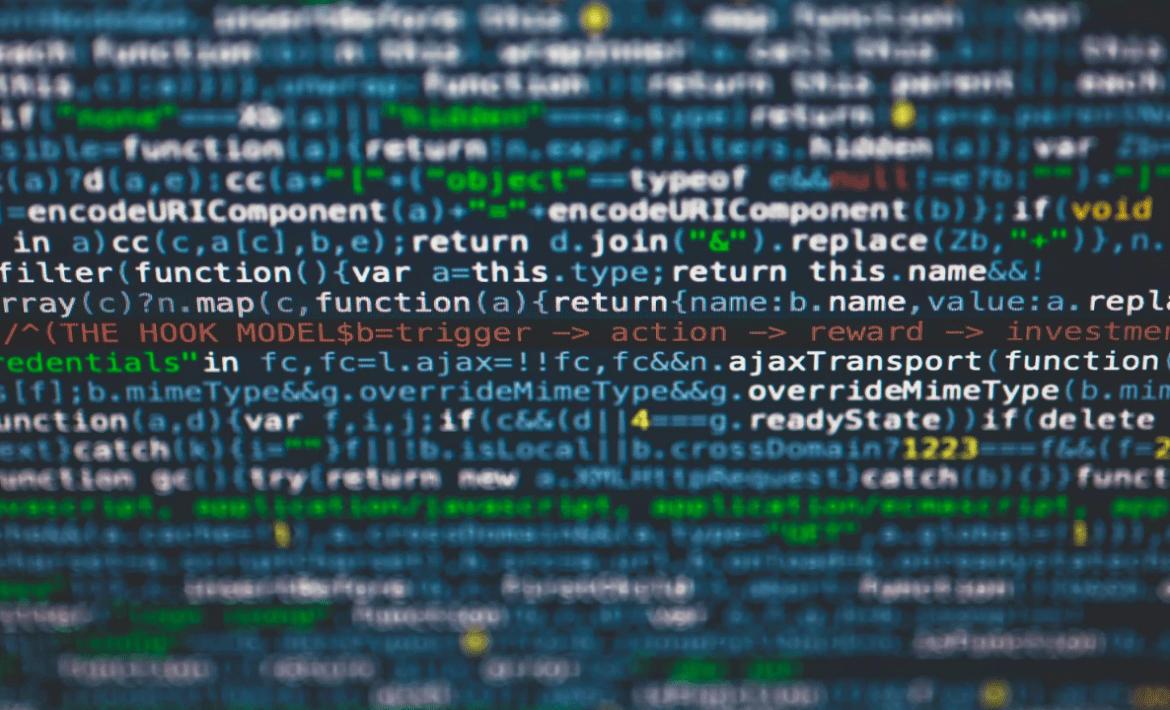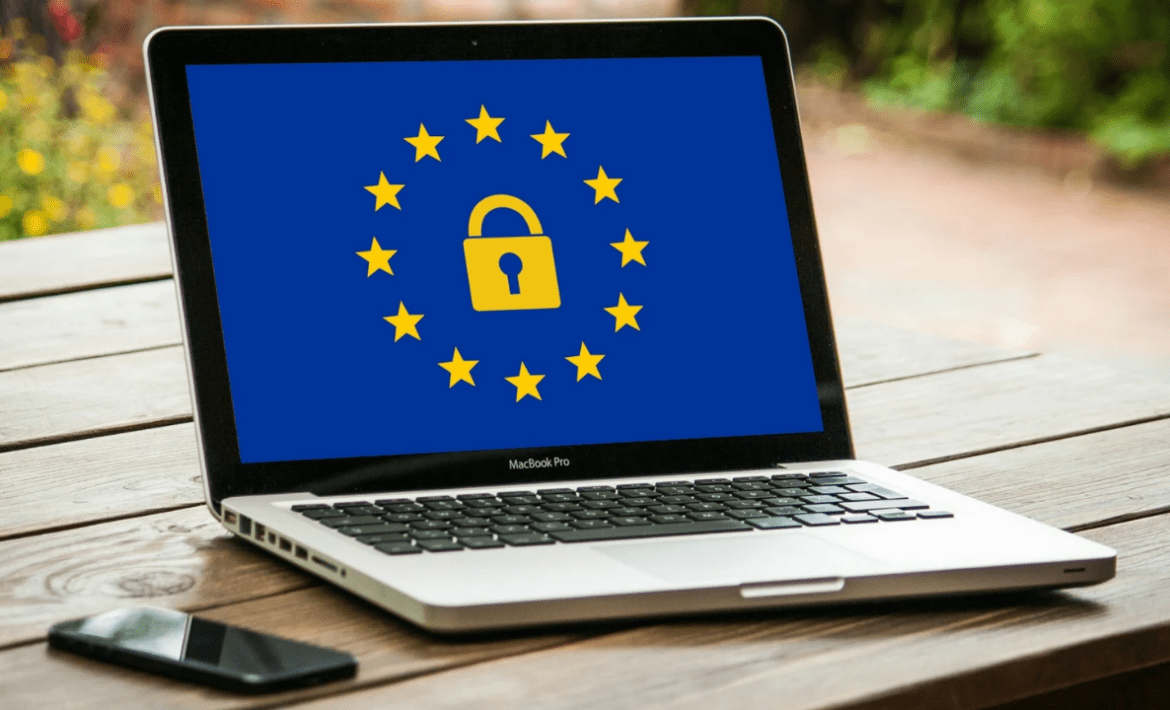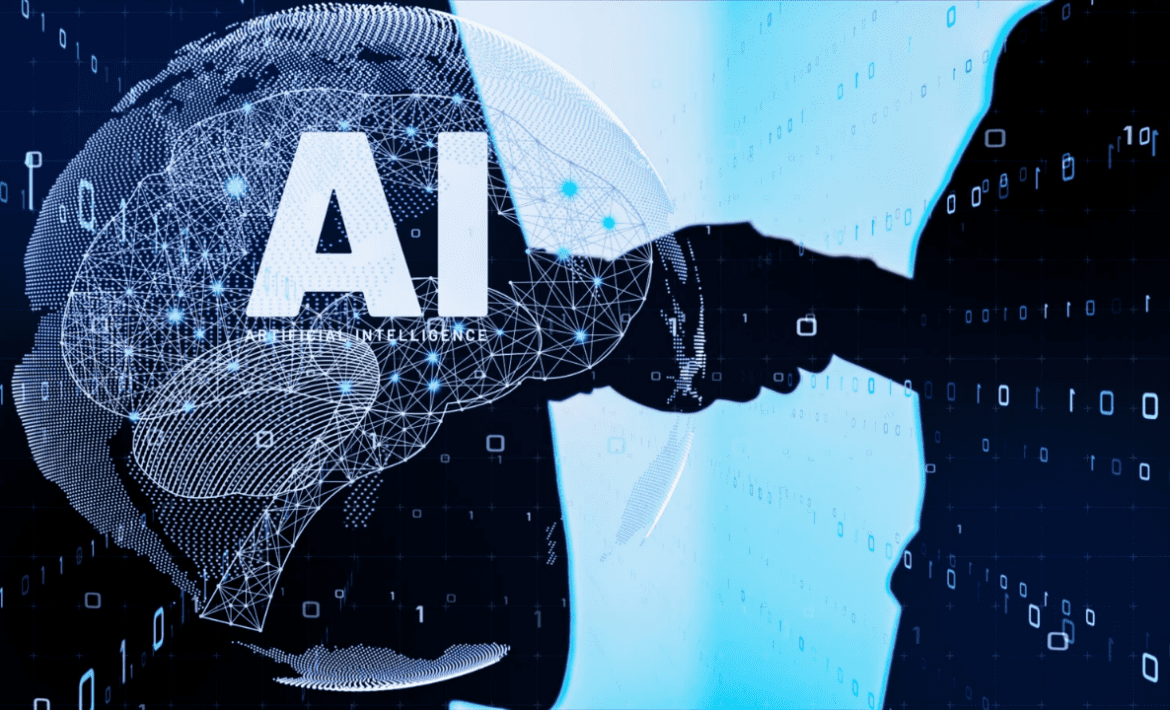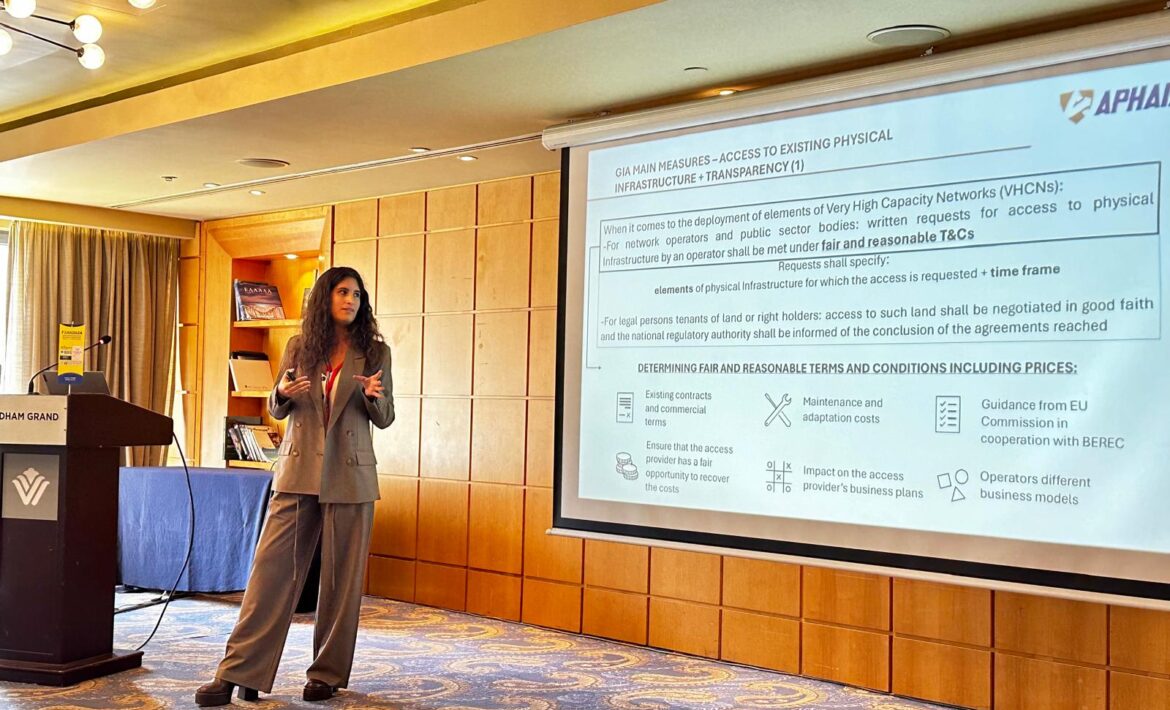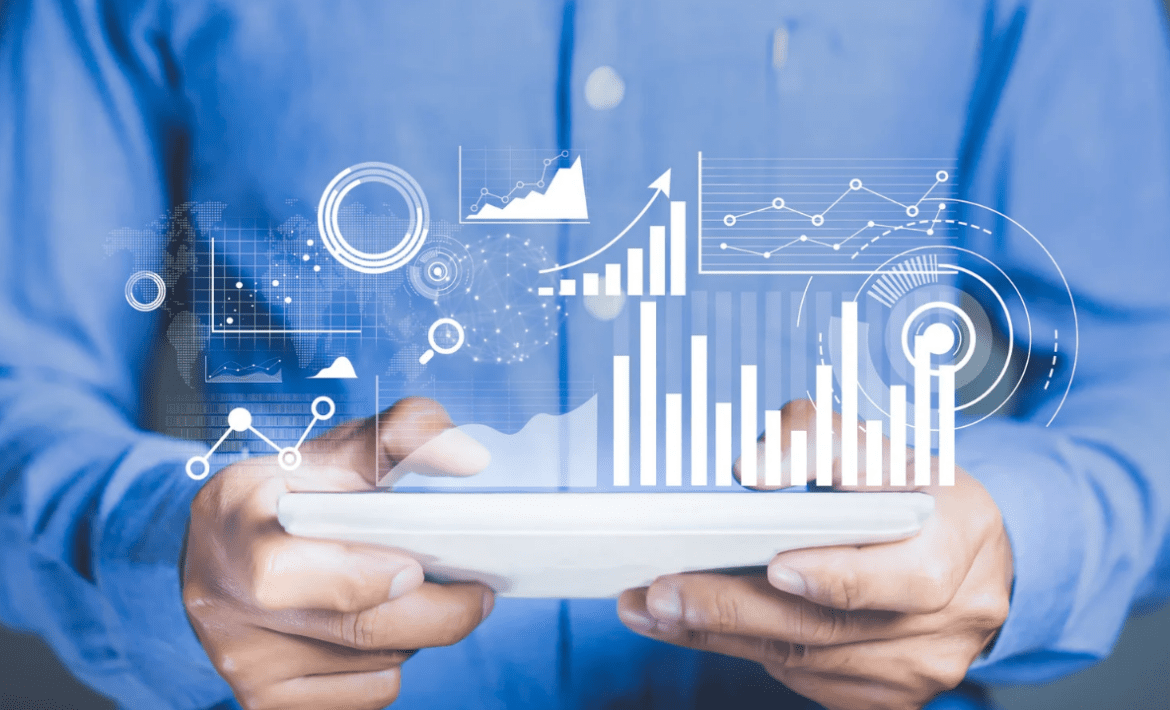Pseudonymisation guidelines adopted by the EDPB, along with steps to enhance collaboration with competition authorities
The EDPB released new guidelines on pseudonymisation and a position paper on data protection and competition law to strengthen GDPR compliance. In January 2025, the European Data Protection Board (EDPB) made a significant regulatory announcement during its plenary meeting, by adopting new pseudonymisation guidelines, as well as issuing a position paper on the interplay between


